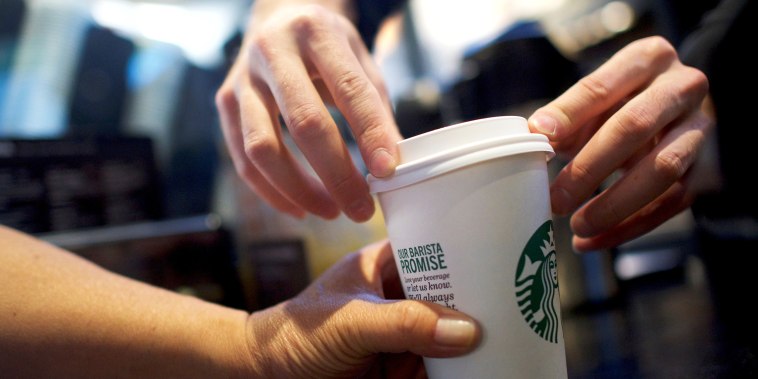
Consumer Spending Decline Hits Starbucks, KFC, and McDonald’s as Predicted
The recent decline in consumer spending has had a significant impact on the restaurant industry, with major chains like Starbucks, KFC, and McDonald’s feeling the effects of the economic slowdown. While this pullback was anticipated by many experts, its severity has caught some businesses off guard, leading to a reassessment of their strategies moving forward.
One of the key factors contributing to the downturn in consumer spending is the rise in inflation and soaring prices of essential goods. As consumers are forced to allocate more of their income towards necessities, they have less disposable income to spend on dining out. This has led to a noticeable drop in foot traffic at popular restaurant chains, affecting their bottom line.
Starbucks, known for its premium coffee offerings and cozy ambiance, has seen a decline in sales as customers opt for more budget-friendly alternatives or choose to brew their coffee at home. The company is now looking to diversify its menu and offer more affordable options to attract price-conscious consumers.
Similarly, fast-food giants like KFC and McDonald’s have also experienced a slump in sales as consumers tighten their belts in response to the economic uncertainty. These chains are exploring ways to streamline their operations and optimize their menu offerings to cater to changing consumer preferences. While value meals and promotions have historically been a successful strategy for attracting customers, the current economic climate calls for a more nuanced approach to pricing and product positioning.
In response to the consumer pullback, restaurant chains are investing more resources in digital marketing and online ordering platforms to reach customers who are still willing to spend on convenience and quality food. By leveraging technology and data analytics, companies can better understand consumer behavior and tailor their offerings to meet evolving needs.
Moreover, the current challenges faced by the restaurant industry have highlighted the importance of agility and adaptability in a rapidly changing economic landscape. Businesses that are able to pivot quickly, innovate their offerings, and connect with customers on a deeper level are more likely to weather the storm and emerge stronger on the other side.
In conclusion, the consumer pullback has presented a formidable challenge for restaurants like Starbucks, KFC, and McDonald’s, forcing them to rethink their strategies and adapt to changing market dynamics. By focusing on affordability, digital engagement, and innovation, these chains can navigate the current economic uncertainty and position themselves for long-term success in an evolving industry landscape.
